6 African Health Leaders Share Recommendations for President Biden’s Health Workforce Initiative

In July 2021 a member of President Biden’s team at the National Security Council briefed the Frontline Health Workers Coalition on a White House initiative being developed to address the crisis facing the global health workforce. In calls over the following months, the White House laid out several key themes for the initiative, including promotion of equity and inclusion and expansion of the health workforce to improve resilience and access to essential health services.
With this Presidential Initiative under development, we asked several African health experts what approaches they believe the White House should prioritize. We also asked which US agencies should lead this effort and what role should be played by the Global Fund.
President Biden and the White House team should consider these experts’ suggestions as they finalize this important initiative.
They all agreed that a bold innovative initiative is needed and that this is an opportune time for the Biden Administration to launch it. Below are excerpts from our interviews as well as links to their full comments.
President Biden and the White House team should consider these experts’ suggestions, as well as our Frontline Health Workers Coalition recommendations, as they finalize this important initiative.
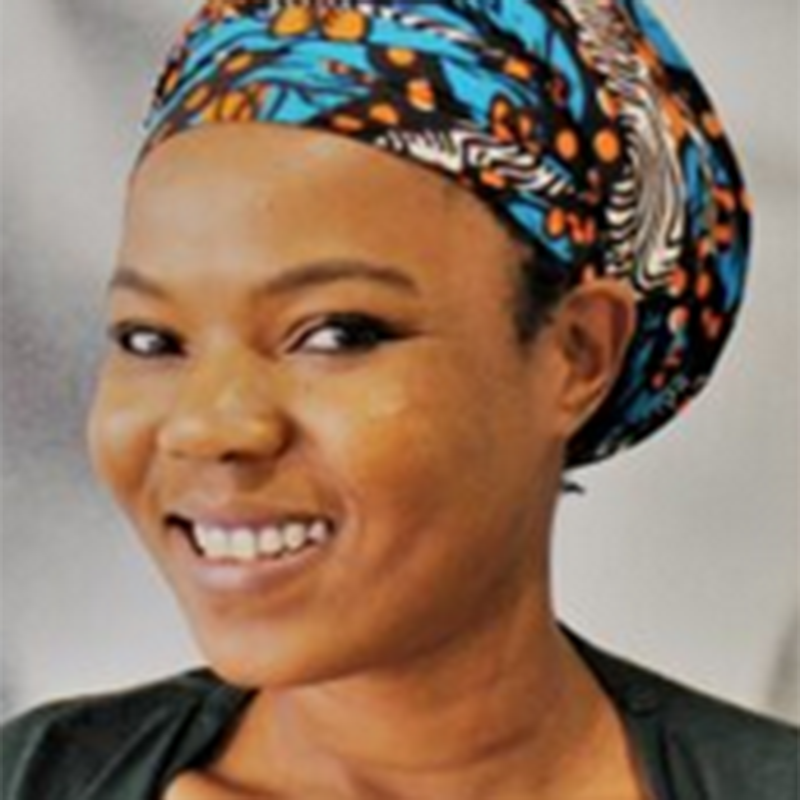 Amanda Banda
Amanda Banda
Global health advocate for East and Southern Africa at Wemos
This initiative needs to be innovative, game changing, and catalytic at the same time. The US should use this initiative to innovate and alleviate the burdens facing the health workforce, especially in countries with the most severe health worker shortages. The US should look at what exists now and build up from that because there are initiatives that are working and are promising, while of course working alongside the countries on what is needed in terms of priorities.
I think it needs to be a broad, holistic approach. We have seen innovations that cover specific things but are limited in impact and the more you plug one specific hole, the more it seems you open others. A typical example is that of governments training health workers in dire shortages: as soon as they graduate, they leave and are hired by richer countries who are not necessarily investing in the training or any other HRH support in poorer countries who have the human resource, but insufficient fiscal space and infrastructure to recruit and retain them.
A broad, holistic initiative that covers multiple facets of human resources for health is what works and what's needed.
But a broad, holistic initiative that covers multiple facets of human resources for health (HRH) is what works and what's needed. It should be about preservice training, retention—especially in rural and hard to reach areas where most of the populations live, HRH development, leadership, gender, equity, management, and investing in salaries of not just community but also skilled health care workers, in the short term of course. It is the whole system. If we are going to think about sustainability, it is time for us to invest in the whole system in a way that is easy for governments to take over in the longer term.
Read Amanda Banda’s full interview.
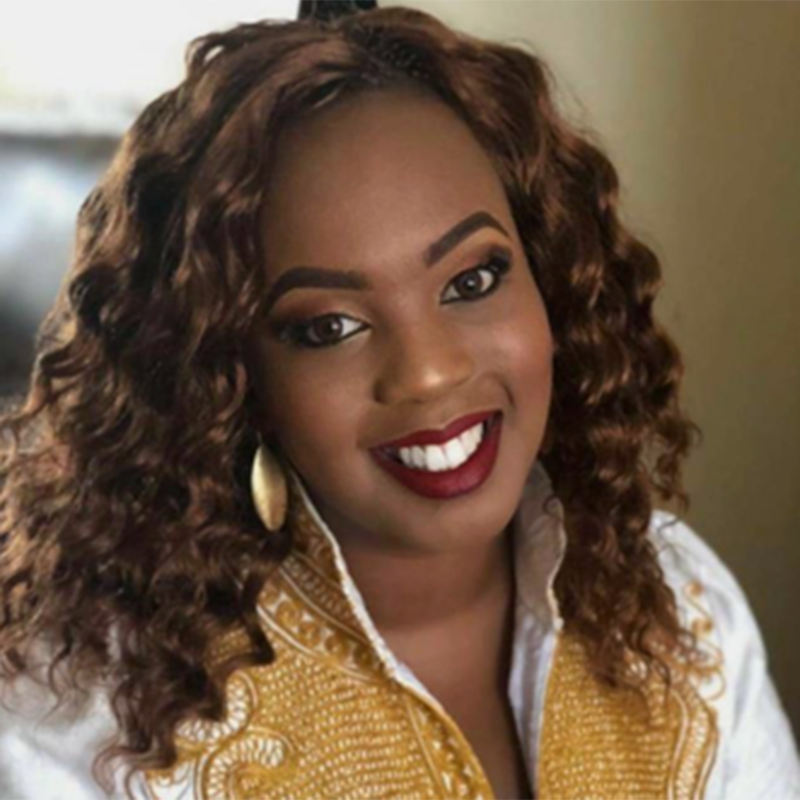 Angela Gichaga
Angela Gichaga
CEO of Financing Alliance for Health
I recommend that the White House prioritize the frontline health workers: from those posted at primary care facilities to community health workers.
Through investments alongside the United States, investments in the Africa Frontline First Initiative can be channeled in an integrated fashion through proven, established platforms with immediate absorptive capacity, which will serve a triple duty: help close the health worker gap required to address leading health issues; surge the response to and recovery from COVID-19, including the rollout to remote communities of testing, therapeutics, and vaccines; and accelerate pandemic preparedness and global health security.
These investments would leverage the commitment by African Union Member States to recruit and train two million frontline community health workers in the longer term.
Read Angela Gichaga’s full interview.
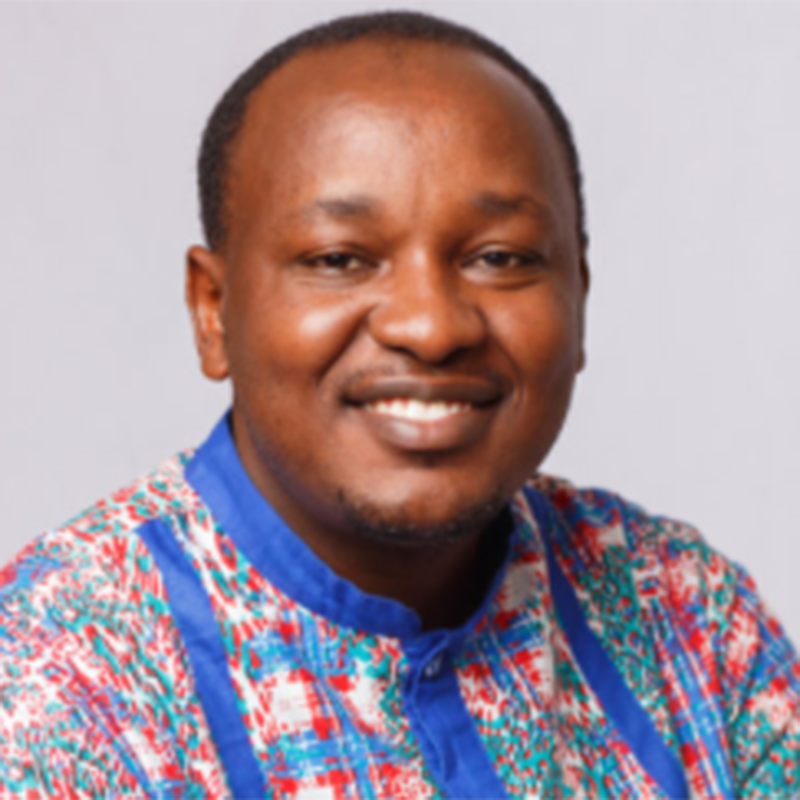 Bonaventure Ahaisibwe
Bonaventure Ahaisibwe
Regional director for innovation and strategy at Seed Global Health
First, we have to recognize that there are operational pieces and realities on the ground that can end up being bottlenecks. We have heard everyone say we need to work with governments. But the reality is that it is not just about capacity, it is also about the culture of accountability and getting governments to deliver. This can be a sensitive issue.
I suggest creating a transparently managed HRH fund.
I suggest creating a transparently managed HRH fund, to which government and other donors contribute. We could set up a coordinating mechanism that creates a place for nonstate actors and helps hold government accountable. This could be a middle ground between approaches typically used by the Global Fund and US government that could be inclusive.
The biggest issue is lack of interagency collaboration. US agencies don’t always speak to each other, and they don’t always speak the same language.
Read Bonaventure Ahaisibwe’s full interview.
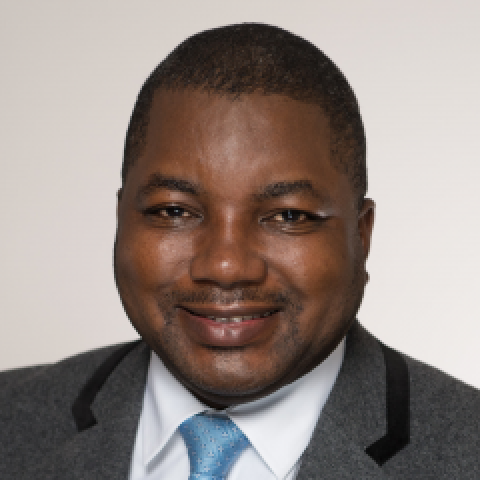 Cheick Touré
Cheick Touré
Interim chief technical officer at IntraHealth International
If I were designing the White House initiative, I would focus on helping countries create a clear vision to strengthen entire health systems sustainably. That means focusing not just on the vertical programs that target one area for change but also helping national governments with the tools and systems they need to measure the capabilities of their health workforce. It's difficult, but it will last longer and lead to better results.
IntraHealth has clear goals for the workforce. We want health workers to be present, ready, connected, and safe. If donors like the US could make a strong investment in this approach, it will create a real difference.
Read Cheick Touré's full interview.
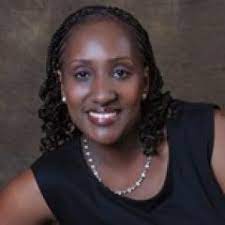 Janet Muriuki
Janet Muriuki
Interim senior director of health workforce development at IntraHealth International
To improve quality of care in Africa, the US initiative should focus on three things: quality improvement, compensation, and work environment.
The US must work with governments to invest in community health workers.
But to do this, the US must work with governments to invest in community health workers and ensure they get trained adequately, are paid, and are recognized under government schemes of service. And measures of progress must be balanced and in line with each country's norms and standards.
Read Janet Muriuki’s full interview.
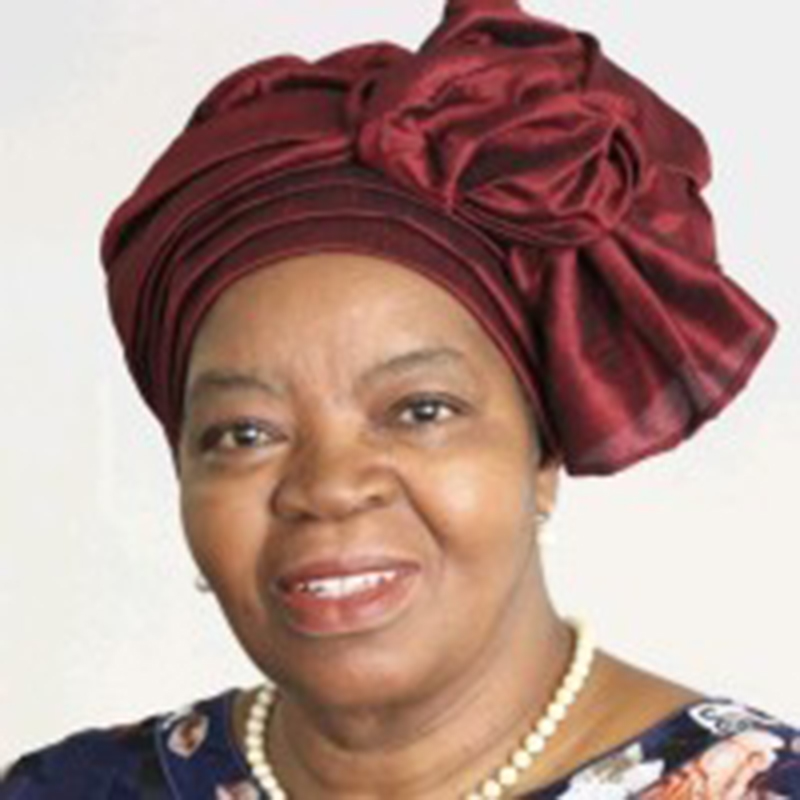 Sheila Tlou
Sheila Tlou
Cochair of the Global HIV Prevention Coalition and the Nursing Now Global Campaign
The forthcoming Biden initiative should put a strong emphasis on educating the educators. We have capacity to educate trainers and we can admit X number from various countries, but we don’t have the trainers. In the facility where I work, we don’t have enough educators.
It must also address remuneration. We have had instances where we come up with a program to train community health care workers. The idea was to train two million health care workers. But we must look at the countries closely and see: What are the payment rates that are going on? How are the workers paid? And what about the private sector? There needs to be a push to increase the wages a bit in the public sector to then push the private sector to do the same.
The US must also align efforts with the Global Fund and others. The Global Fund is funding important programs that need to be coordinated. They should have a health systems focus.
A US initiative could encourage countries in our region to invest more in the workforce and address poor working conditions. We need to design a program and then push countries to take the next steps, while ensuring policy flexibility. We need this investment, but with a plan to transition to governments.
Read Sheila Tlou’s full interview.
Special thanks to Lindsay Gilchrist for her work in carrying out a number of these interviews.
